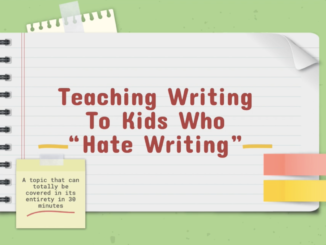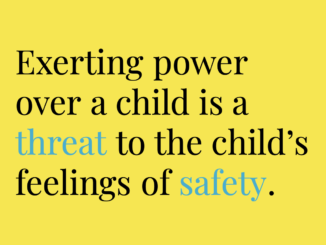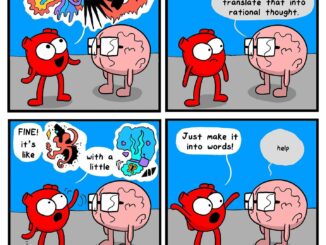DOCTOR’S REPORT
PATIENT: Kelsie Olds
DOB: XX/XX/XXXX
CONCERNS:
Patient’s family report that the patient is continually making annoying noises with their nose, mouth, and throat. These include: sneezing frequently, blowing nose frequently, making a scratching noise with throat and mouth. There are other behavioral concerns as well. The patient uses their hands to excessively rub their eyes and nose, and scratch at their face, ears, and neck. The patient is sometimes refusing to sleep, instead choosing to scratch and sneeze. The patient is sometimes refusing to engage in outdoor family or community activities.
ATTEMPTED INTERVENTIONS:
The patient’s family has tried asking nicely for the patient to stop making annoying noises and engaging in obnoxious movement behaviors. The behaviors have not stopped.
MEDICAL OBSERVATIONS:
The physician observed the patient and was able to observe all the behaviors that were expressed as concerns by the family. Throughout the 1-hour observation period, the patient did repeatedly make a scratching noise in their throat, rub at their eyes and nose, and sneeze repeatedly. One instance of eye-rubbing was so excessive that the patient sought out wet paper towels to rub on their eyes as well. The patient found a box of tissues in the room and blew their nose several times.
MEDICAL OPINION/RECOMMENDATIONS:
Obviously, this is a persistent behavioral problem. The gold standard for dealing with these sort of symptoms is behavioral therapy. The family should remove all tissues and paper towels from the house immediately; if the patient does not have access to them, they will have to stop engaging in these obnoxious behaviors. Keep careful watch on the patient’s access to water so they cannot use it to wash their eyes.
Someone may need to stay close to the patient and block their hands every time they attempt to rub their eyes or nose. Headphones could be put over their ears so they cannot scratch their ears.
Find something that the patient likes and withhold it from them until they have gone a certain amount of time without making any annoying noises, then let them have the preferred item for a few moments. Repeat this trial over and over, while increasing the amount of time that the patient does not make noise before they get the reward, and over time they will begin to understand what it is you want from them. It may take a long time for them to understand because these types of symptoms are very strong, persistent, and hard to overcome behaviorally. For reasons we don’t know, these behaviors take a long time to extinguish.
With due diligence, patience, and 30-40 hours of training per week to extinguish these behaviors, it can be done. Hopefully in time for next year’s allergy season.
***
[edited to add, after a few hours and as this post continues to grow…]
If this facetious hypothetical description of my own allergies/hayfever from a “behaviorist” mindset makes you angry, then all “behaviorist” approaches should make you angry.
As many people have loudly and angrily observed, I sneeze and scratch my face because pollen is making my body itch and hurt, and I need someone to ask what I’m experiencing that’s causing me to act a certain way, rather than respond to me from a framework of how inconvenient I’m being for the people around me.
But this same dignity — asking what I’m experiencing, assuming I’m doing the best I can, trying to help me, trying to make my body easier to live in — is not afforded to literally tens of thousands of neurodivergent children.
Instead, their “behavior” is assumed to be bad choices, ignorance, or defiance that need to be trained out of them. The focus is heavily on how inconvenient they are for the people around them.
Many people have said they can’t believe someone would say something like this in 2024. And they’re right that no doctor said this about my allergies in 2024…but neurodivergent children in sensory distress, or who communicate in creative multimodal ways, or whose bodies don’t move the way their brain wishes to, are absolutely still being referred to behaviorist training programs in 2024.
And if it makes you mad…that makes sense. It makes me mad too. That’s why I wrote this.



